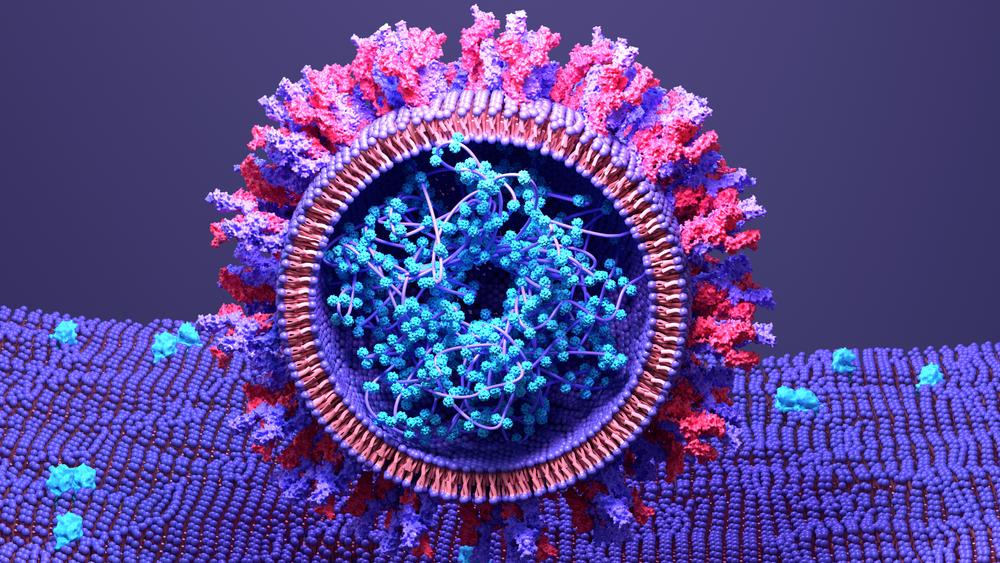Japan approved the world’s first self-amplifying mRNA (sa-RNA) COVID-19 vaccine that generates multiple mRNA copies in the body and has shown to trigger a higher rate of certain adverse events compared to Pfizer’s mRNA jabs.
Tokyo-based Meiji Seika Pharma received approval for manufacturing and marketing the “Kostaive” sa-RNA COVID-19 vaccine, the company announced in a Nov. 28 press release. The mRNA in the vaccine is designed to self-amplify when delivered into cells, which generates a “strong immune response and the potential for extended duration of protection.” The vaccine is intended for primary immunization (2 doses) as well as booster immunization phase in adults. Kostaive is the “world’s first approved vaccine” that utilizes sa-RNA technology.





